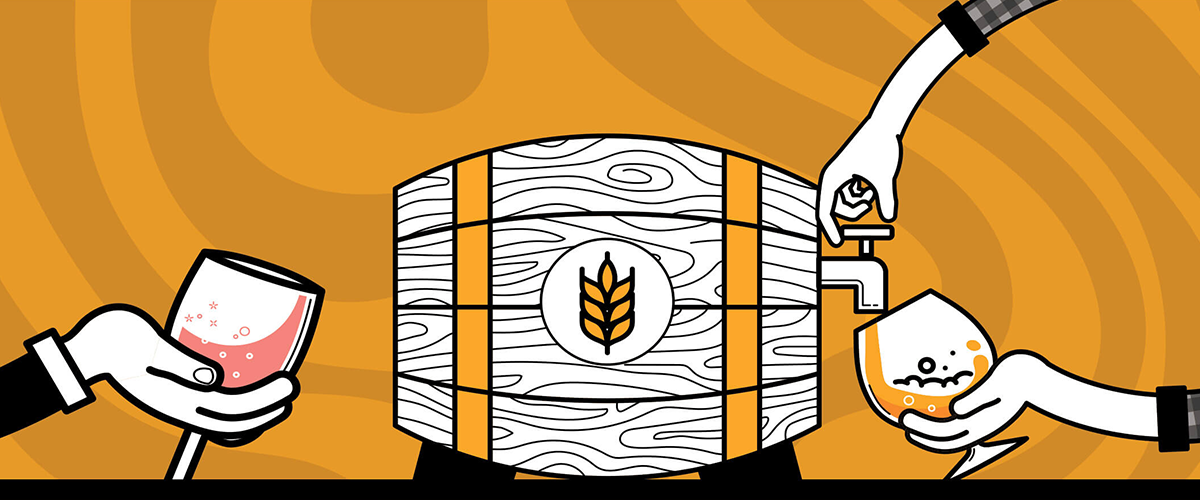
“It’s up to you today to start making healthy choices. Not choices that are just healthy for your body, but healthy for your mind.”? Steve Maraboli, decorated military veteran and philanthropist
Living your best life means that you are ready to make the most of each day. The choices you make can improve readiness and health, or they can cause problems. The decision to drink to excess, binge drink, drink while pregnant, or drink while under the legal age limit are examples of high-risk choices. Binge drinking is commonly defined as having four or more drinks for females or five or more drinks for males within a short period of time (approximately two hours).
Consequences for engaging in any high-risk drinking behaviors can lead to problems at work, home, or social situations. Some of these consequences are tardiness and absenteeism, violent outbursts, physical altercations, memory and learning problems, and unintentional injuries. Health effects from high-risk drinking include decreased bone density and muscle recovery, damage to the liver and brain, and an increased risk for heart disease and some cancers. None of these outcomes contribute to a healthy lifestyle.
To determine if high-risk drinking is a problem for you, ask yourself the following questions:
- Do you consume drinks quickly?
- Do you drink to get drunk?
- Do you have blackouts or memory loss when drinking?
If you or someone you care about is struggling with high-risk drinking, here are some strategies to try:
- Make a plan. Write down all of the reasons you need to change your drinking habits and some strategies you will use to avoid drinking or drinking too much.
- Change your routine. While you’re changing your drinking behavior, you may need to avoid certain people, places, or activities you know will encourage high-risk drinking.
- Rely on the support of family, friends, and your fellow Marines. They can serve as accountability buddies to keep you heading in a healthy direction.
- Implement positive lifestyle changes. Commit to regular physical exercise, nutritious eating, and participation in interesting sports or hobbies. When you think about drinking, consider how it will impact your fitness and nutritional goals.
- Use your resources. Contact your local Substance Abuse Program or a community program. There are many people and resources available to answer your questions and offer guidance.
Living your best life depends on the choices you make each and every day. Are you ready?









